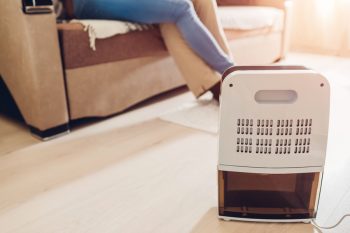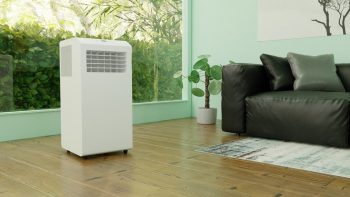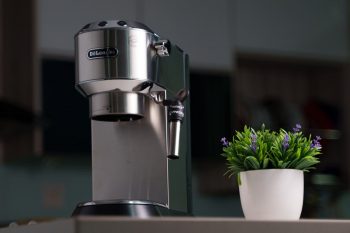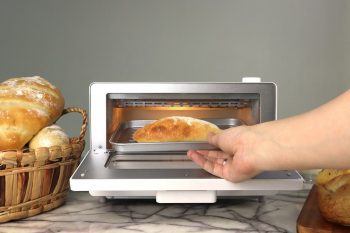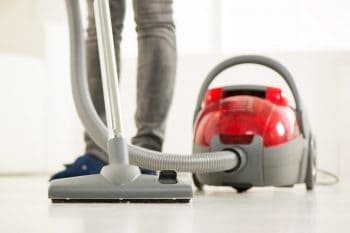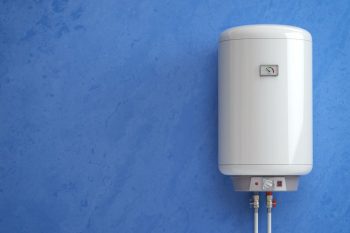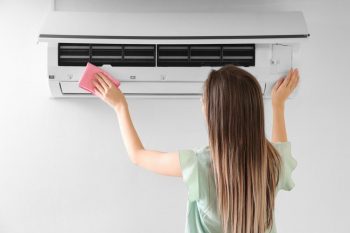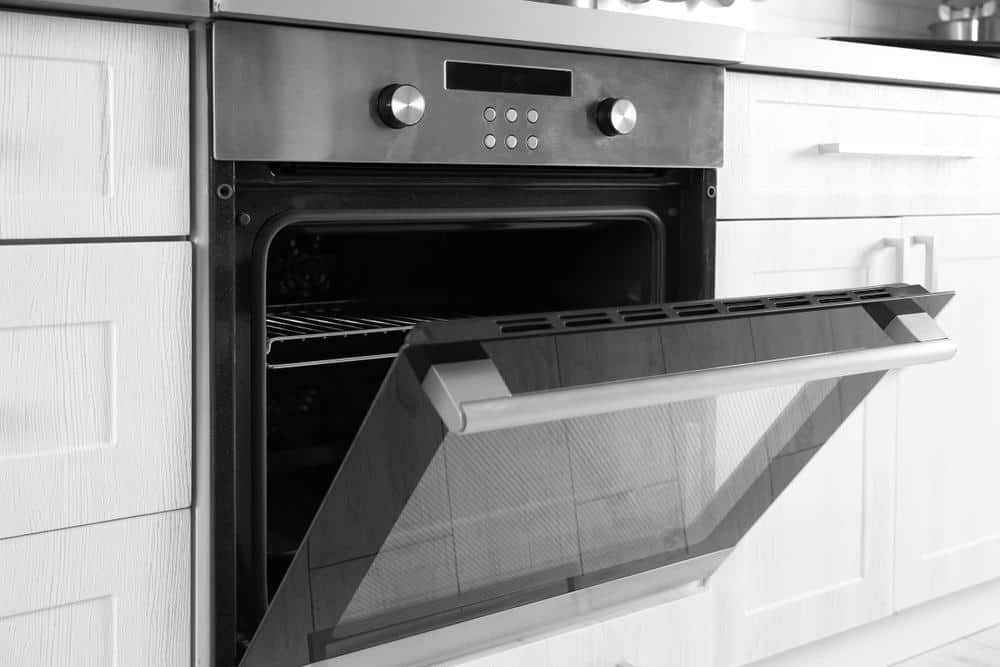
Oven cleaners are an essential part of our kitchen-cleaning arsenal. They play a pivotal role in maintaining our ovens, ensuring they function optimally, and keeping our meals tasting great. But what exactly is oven cleaner? Let’s take a deep dive into understanding this indispensable cleaning product.
Oven cleaner is a cleaning product specifically designed to remove grease, burnt-on food, and stains from ovens and stovetops. It typically contains a combination of chemicals like sodium hydroxide, ethylene glycol, butoxydiglycol, dichloromethane, and potassium hydroxide. These chemicals work together to break down and dissolve grime and food residues, making it easier to clean the oven. However, due to the presence of these chemicals, safety precautions should be taken when using oven cleaners.
Understanding Oven Cleaner
Oven cleaner is a cleaning product specifically designed to remove grease, burnt-on food, and stains from ovens and stovetops. It often comes in the form of a liquid or foam, sometimes in an aerosol container. Oven cleaners are typically alkaline solutions with a pH ranging between 11 and 13.
Key Ingredients in Oven Cleaners
Oven cleaners contain a combination of chemicals that work together to break down and remove grease, grime, and burnt-on food residues. Some of the key ingredients include:
- Sodium Hydroxide: This strong base is effective at breaking down grease and dissolving food residues, making it easier to wipe away.
- Ethylene Glycol: This chemical is used for its degreasing properties.
- Butoxydiglycol: As a solvent, butoxydiglycol works as an excellent degreaser.
- Dichloromethane: This chemical is used for its ability to dissolve grease and grime.
- Potassium Hydroxide: Another strong base, potassium hydroxide is used to break down grease and food residues.
How Oven Cleaners Work
Oven cleaners work by breaking down the grime, grease, and baked-on food residues that accumulate inside the oven during cooking. When sodium hydroxide, the primary ingredient in most oven cleaners, comes into contact with grease and other soils, it produces a hot, alkaline solution that can dissolve these materials, making the oven cleaner an effective cleaning agent.
Safety Concerns with Oven Cleaners
Oven cleaners, while effective, contain hazardous chemicals that can be caustic, corrosive, or irritating. If swallowed, oven cleaners can cause vomiting and burns to the lips, mouth, throat, and further down in the digestive tract. If inhaled, they can irritate airways, causing symptoms ranging from coughing and chest pain to shortness of breath. If in contact with the eyes, oven cleaners can cause burns or irritation.
Therefore, when using oven cleaners, it is essential to follow safety precautions, such as wearing thick and long latex gloves, safety glasses, and possibly a respirator to prevent chemicals from entering the lungs. Additionally, ensure proper ventilation when using these products and avoid contact with skin, eyes, and nose.
Natural Alternatives to Oven Cleaners
For those concerned about the harsh chemicals in oven cleaners, there are natural alternatives. These include baking soda and water, baking soda and vinegar, white vinegar and cornstarch, and a mixture of lemon juice, cornstarch, and dish soap. These natural solutions are safer and more environmentally friendly than commercial oven cleaners, and they are less likely to cause irritation to your skin, eyes, and respiratory system.
Recommended Oven Cleaners in the Market
Several oven cleaners come highly recommended in the market today. These include Easy-Off Fume-Free Oven Cleaner, Goo Gone Oven and Grill Cleaner, Zep Heavy-Duty Oven and Grill Cleaner, Carbona Oven Cleaner, Puracy Multi-Surface Cleaner, Kona Safe/Clean Grill Cleaner, Astonish Oven & Cookware Cleaning Paste, and GP66 Miracle Cleaner.
In conclusion, oven cleaners are a vital tool for keeping our ovens clean and functioning optimally. Whether you choose a commercial oven cleaner or a natural alternative, it’s crucial to understand how they work and the safety precautions necessary when using them. With the right knowledge and precautions, you can keep your oven spotless and your meals tasting great.
Frequently Asked Questions
How frequently should I clean my oven?
It is recommended to clean your oven at least every three to six months. However, the frequency may vary based on usage. High usage could necessitate monthly cleaning.
Can I use an oven cleaner on a self-cleaning oven?
It’s generally not recommended to use chemical oven cleaners on a self-cleaning oven. This is because the chemicals can damage the self-cleaning lining of the oven. Always check your oven’s user manual or consult the manufacturer for specific cleaning instructions.
How long should I leave the oven cleaner on before wiping it off?
The time varies depending on the product, but generally, you should leave the oven cleaner on for at least 20 minutes to an hour. Always follow the instructions provided on the product label.
Are there any restrictions on disposing of oven cleaners?
Yes, oven cleaners should not be disposed of in regular trash or down the drain due to their hazardous ingredients. Instead, they should be disposed of at a hazardous waste facility. Always check local regulations for proper disposal methods.
Can I use oven cleaner on other kitchen appliances?
Oven cleaner is designed specifically for ovens and may not be suitable or safe for other appliances. Always check the product label and appliance user manuals before use.

